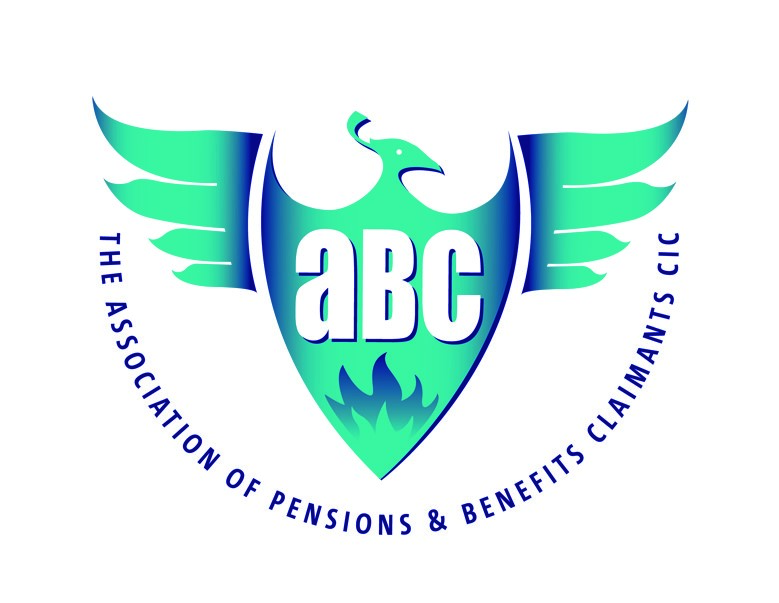
House of Commons Work and Pensions Committee
On Monday the Committee hears the first evidence in its inquiry into self-employment and the gig economy: from the perspective of current and former Uber, Hermes and Deliveroo couriers and drivers, who are classed as self-employed, and from three disabled people who run their own companies.
Disabled people are more likely than most to be self-employed, and it may represent a route into work for disabled people, who experience much higher unemployment levels than non-disabled people (see the Committee’s recent report on the Disability employment gap ).
Workers for many large courier and cab companies are classed as self-employed, despite often only working for one company. Their working conditions, sometimes involving very long hours and poor conditions, have been subject to extensive criticism.
Both groups of workers may experience benefits such as greater autonomy and flexibility in their working hours and practices, but this can come at a price. Self-employed people, whether running their own business or working “gigs” for other companies, do not have access to a series of employment benefits such as paid holiday or sick leave and employer pension contributions. This can leave them in a precarious and vulnerable position and one which the welfare system may afford them little protection against. More and more people are working this way and there has been growing criticism of worker protection in these business models, and concern about the extent to which a welfare and benefit system devised primarily for traditional work can adapt.
On Monday at 3:45 pm in the Wilson Room, Portcullis House
Graham Baines, Courier, Hermes
Steven Rowe, Private hire driver, Uber;
Cain Jones, Courier, Deliveroo
David Dunn, Partner, Uber
Marc Ramsden, former Courier, Hermes
Peter Jamieson, former Courier, Hermes
Syed Khalil, Private hire driver, Uber
Jane Cordell, Director, Result CIC,
Sara McKee, Founder and Market Innovation Director, Evermore Wellbeing
Robert Winstanley, Entrepreneur
Full inquiry info: Self-employment and the gig economy
Committee Membership is as follows:
Frank Field (Labour, Birkenhead) (Chair); Heidi Allen (Conservative, South Cambridgeshire); Mhairi Black (Scottish National Party, Paisley and Renfrewshire South); Ms Karen Buck, (Labour, Westminster North); James Cartlidge, (Conservative, South Suffolk); Neil Coyle (Labour, (Bermondsey & Old Southwark); Richard Graham (Conservative, Gloucester); Luke Hall, (Conservative, Thornbury and Yate); Craig Mackinlay (Conservative, South Thanet); Steve McCabe (Labour, Birmingham Selly Oak); Royston Smith, (Conservative, Southampton Itchen)

NOTE: The ABC has been contributing to the debate.
The Work and Pensions Committee launches an inquiry to examine whether the UK welfare system adequately supports the growing numbers of self-employed and gig economy workers, and how it might be adapted to suit their needs. This is a wide-ranging inquiry, looking at areas including Universal Credit and other working-age benefits, pensions, and labour market participation. The "gig economy" has come to prominence recently with high profile issues over the hours, pay and conditions of workers in large online courier and cab services like Hermes, Deliveroo, Amazon and Uber.
- Nearly 5 million people, 15% of the workforce, are now self-employed
- The proportion of people who are self-employed has been growing since the early 2000s and has accelerated in recent years. The ONS believes that substantial levels of self-employment are now a structural feature of the UK’s labour market:
1 comment
Leave a comment
Make sure you enter all the required information, indicated by an asterisk (*). HTML code is not allowed.
Join
FREE
Here











